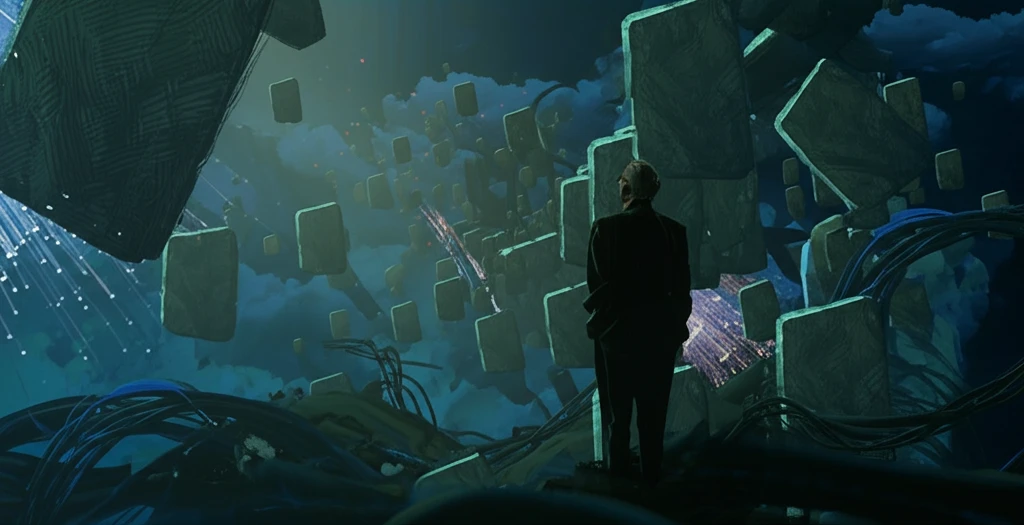
Unearthing the Past: How Harold Innis's Ideas Shape Our Present
"Rediscovering a Communication Pioneer for Today's World"
In an era dominated by digital communication and rapid technological advancements, it's easy to forget the foundations upon which our understanding of media and society is built. Harold Innis, a Canadian economic historian and communication theorist, offers a critical lens through which to examine the forces shaping our world.
Two recent publications, “Emergence and Empire: Innis, Complexity, and the Trajectory of History” by John Bonnett and “Harold Innis and the North: Appraisals and Contestations” edited by William J. Buxton, invite us to reconsider new interpretations of Innis's work and legacy. These books delve into his insights on the interplay between communication, economics, and power, revealing their enduring relevance in the 21st century.
While Innis's work can seem dense and complex, its core ideas are surprisingly accessible and profoundly insightful. By revisiting his key concepts, we can gain a deeper understanding of the biases inherent in communication technologies, the dynamics of economic systems, and the relationship between knowledge and control.
Who Was Harold Innis and Why Should We Care?

Harold Innis (1894-1952) was a pioneering Canadian scholar whose work transcended disciplinary boundaries. Trained as an economist, he developed a unique approach that integrated history, communication theory, and political economy. He's best known for his 'staples thesis,' which argues that Canada's economic and political development has been shaped by its reliance on the export of natural resources, or 'staples,' such as fur, fish, timber, and wheat.
- Understanding Media Bias: Innis argued that all communication technologies have a 'bias' either towards time or space. Time-biased media, like oral traditions and durable materials, tend to foster stable, decentralized societies. Space-biased media, like paper and electronic communication, facilitate the expansion of empires and centralized control.
- The Dangers of Monopoly: Innis warned against the dangers of monopolies of knowledge, where control over information leads to the concentration of power. He saw this dynamic at play in both historical empires and modern media industries.
- The Importance of Decentralization: Innis advocated for a balance between centralized and decentralized forms of communication and power. He believed that a healthy society requires diverse voices and perspectives.
Innis for the 21st Century: Why His Work Matters Now
Harold Innis's work is not just a historical artifact; it's a living intellectual resource that can help us navigate the complexities of the 21st century. By understanding his core concepts, we can become more critical consumers of media, more engaged citizens, and more informed participants in the ongoing conversation about the future of society. The challenge now is to translate his insights into accessible and actionable knowledge for a new generation of thinkers and creators.
